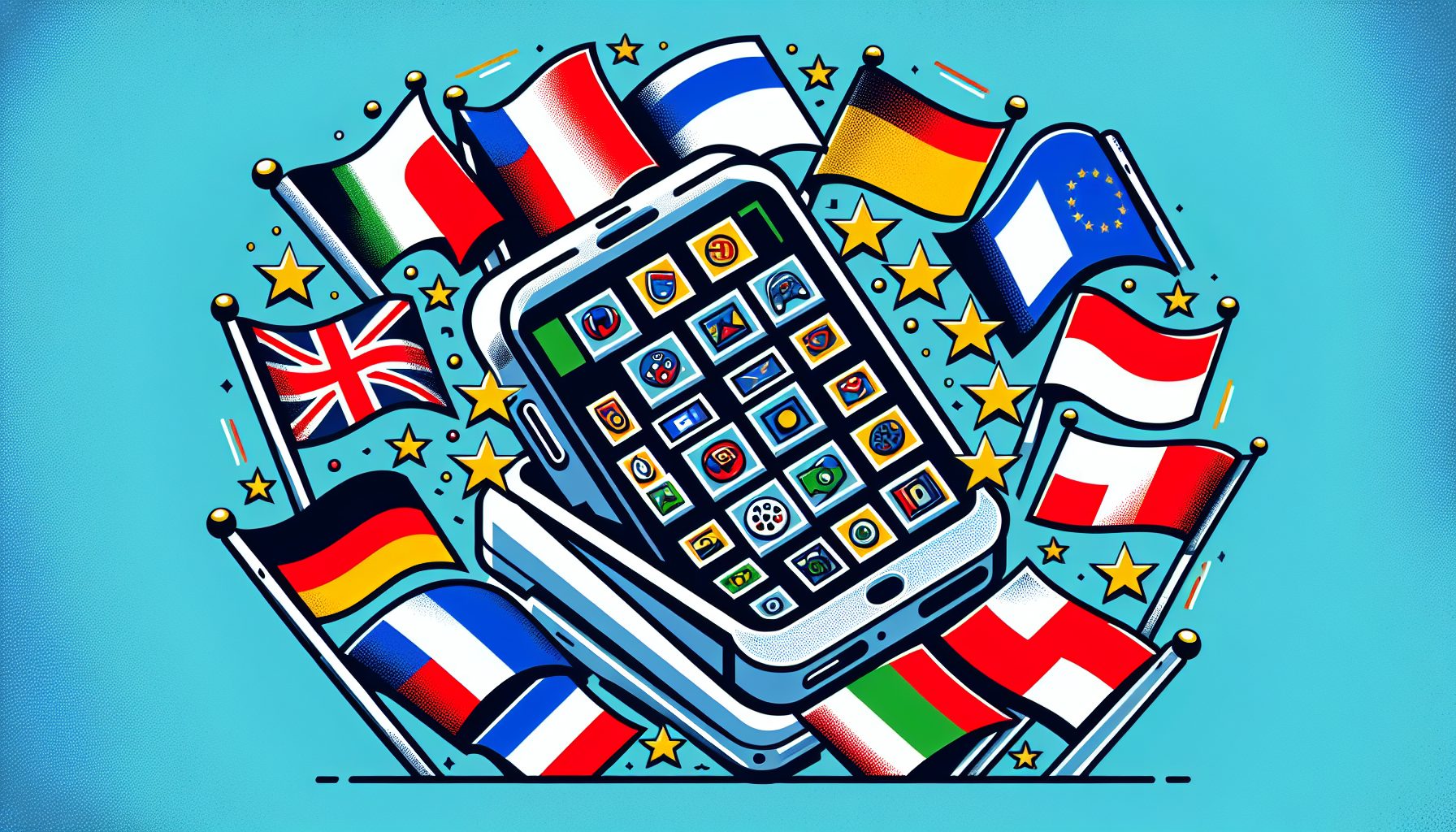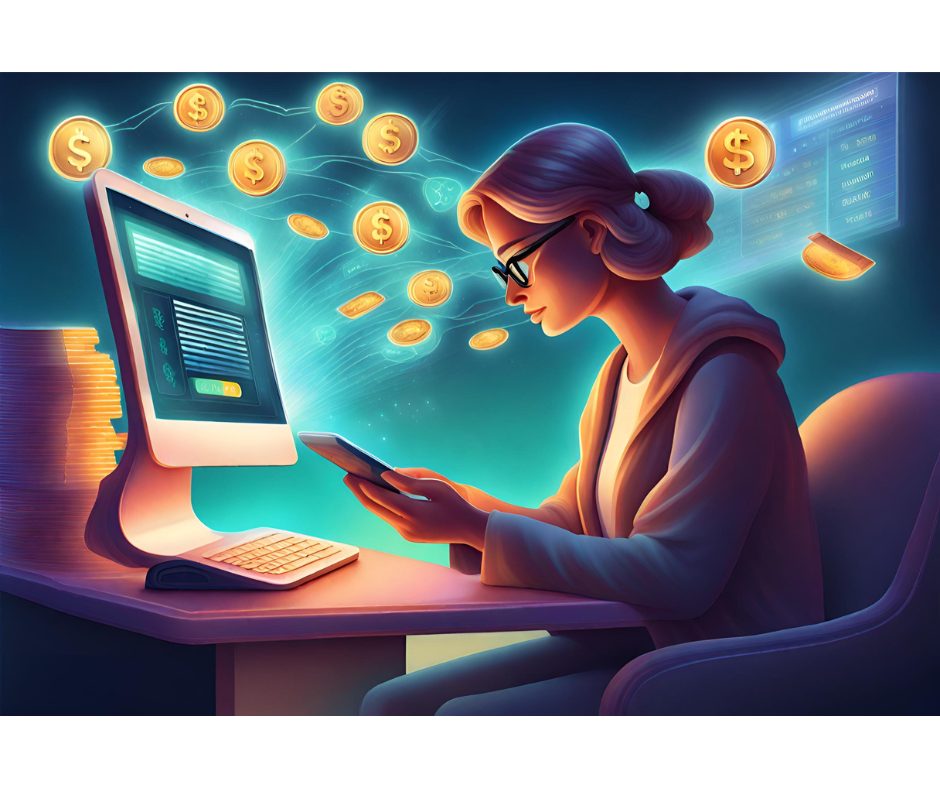Apple’s App Store has modified its formerly restrictive policy to now include game emulators on its platform. This timely change addresses the rising trend of retro gaming popularity, allowing game enthusiasts to enjoy their favourite vintage games directly from their iPhone or iPad. This policy amendment has led to a decrease in the usage of third-party marketplaces across Europe, with gamers returning to the App Store for a safer, superior gaming experience.
The updated guidelines clarify that game emulators are welcome, as long as they comply with all relevant laws. However, Apple maintains zero tolerance for pirated game content. This ushers in an open door for Android retro console emulator developers, potentially prompting them to migrate their creations to iOS, as long as they adhere to the legal requisites.
Once rigid about game emulators, Apple seems to have softened its stance in recent years. This has meant big wins for gaming fanatics who were previously resorting to device jailbreaking for more game options.
App Store’s policy shift impacts European gaming
With this liberalized policy, gamers can now enjoy a plethora of games without the risks associated with jailbreaking.
Further changes have been introduced regarding super apps. Mini games and apps within them are mandated to be coded in HTML5 as opposed to being native games or apps. Hindered by past criticisms on their handling of cloud game streaming apps and super apps, Apple has made it clear that this step ensures higher standard user experiences across all apps and games. Developers have been cautioned to comply strictly with these rues to avoid sanctions.
In response to pressure from the European Commission, Apple has decided to permit EU music streaming apps to incorporate external purchase links and more transparent pricing structures. Developers are also allowed to request users’ email addresses to send purchase links directly from their website. However, Spotify, among others, has criticized Apple’s intent to charge on sales made via external links which contrasts the European Commission’s preference for free user interaction on streaming apps.
The new sweeping policy changes have sparked diverse reactions, signalling a significant moment in Apple’s history as it aligns with user demands and market trends.









